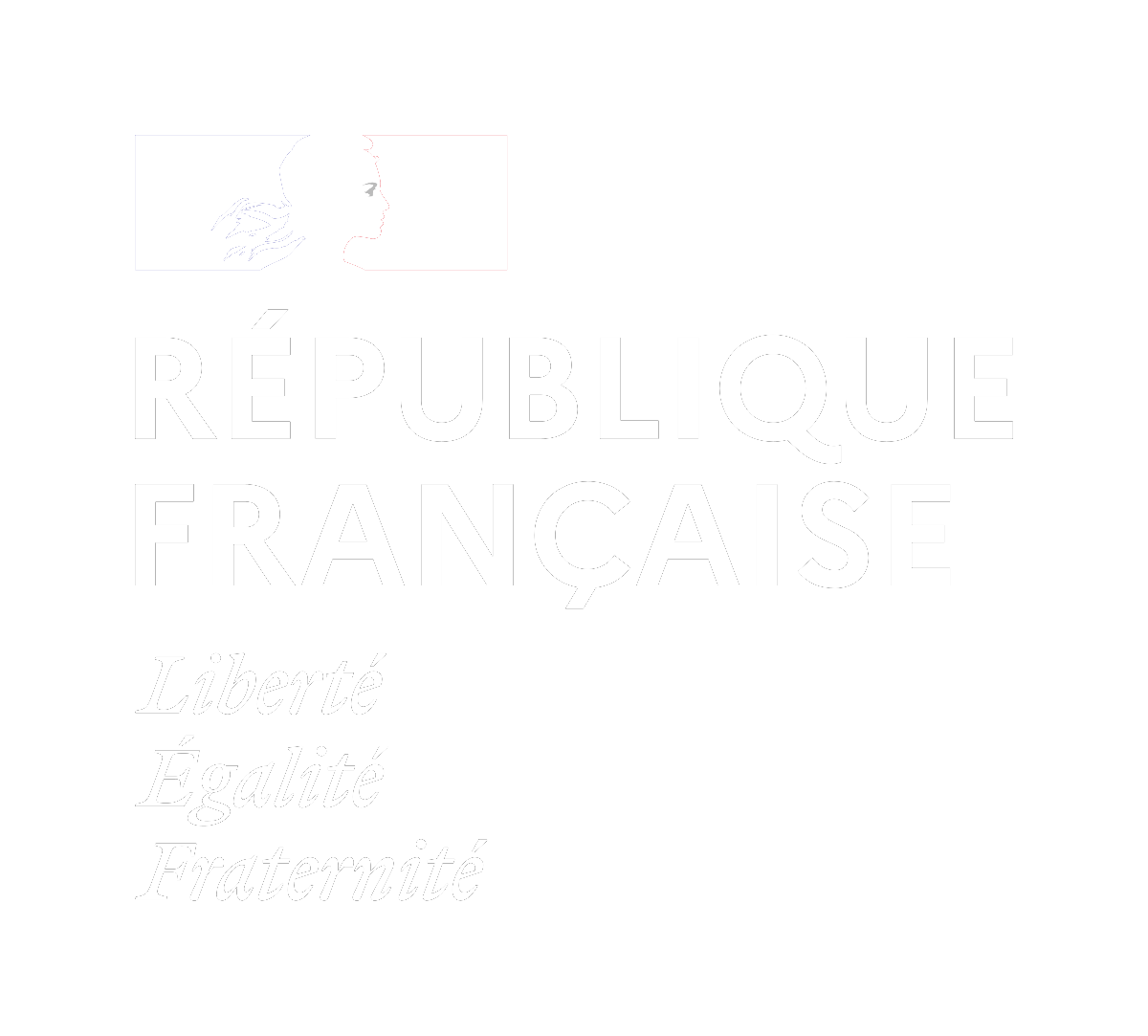Our SOLUTIONS
Plans
Wherever you are in your CSR journey, we have a solution for you.

Impact Starter
The first step towards your CSR strategy
Includes:

Product LCA based on your data

French Environmental Cost

Digital Passports for end customers

Access to platform & data extracts

Onboarding support

Full Suite
To go further and see your impact
Includes:

Extensive supply chain traceability

Product LCA based on collected data

Digital Passports for end customers

Access to platform & data extracts

Supplier onboarding & webinars

CSR Ultimate
Become a CSR strategist
Includes:

Extensive supply chain traceability

Supplier risk management

Product LCA based on collected data

Play with data & access dashboards

Ecodesign module

Tailor-made offer
Do you have specific needs? Tell us about it to find the most suitable tailored solution.
Pricing
Compare our offers in detail
Traceability
Collect data from Tier 1 up to raw material
Manage suppliers & product documentation
Access your supplier map
Identify suppliers listed in databases
Supply Chain Intelligence








Impact measurement
Carry out LCAs based on your data
Get French Environmental Cost
Carry out LCAs - data traced by Fairly Made
Get PEF Single Score
Monitor the evolution of your impact over time
Interact with data and access dashboards










Communication
Access all your data by CSV Extract or API
Gain access to digital passports for products
Access to marketing analytics
QR code tracking for analysis









Ecodesign
Duplicate product and build new scenarios
Simulate environmental saving & benefits
Compare real products with simulations
Impact benchmark




FAQs
Here is the basic information you need to know to start your adventure with us. If you have more specific questions, reach out to us.
Why is it important to start traceability?
In today's landscape, where transparency is increasingly expected by customers, regulators, and stakeholders, traceability has become crucial due to current legislation such as AGEC in France and UFLPA (Uyghur Forced Labor Prevention Act) in the US. Social scandals linked to production are also driving the emergence of laws. Even if current regulations don’t affect you yet, it’s important to note that over 35 sustainability regulations are anticipated globally within the next 2 to 4 years. Taking action now allows you to stay ahead, gain a competitive edge, and ensure future compliance.
Where can I get additional support if I need help?
If you are a client and need further assistance, reach out to your dedicated Customer Success Manager, who is available to help with any inquiries you may have. Alternatively, you can fill out our contact form, and we will get back to you as soon as possible.
How do you ensure the security of my data?
Your data is stored securely in Europe with certified cloud providers that meet rigorous standards, including ISO 27001, SOC, and PCI-DSS. We use 256-bit TLS encryption for all Fairly Made services, both internal and public, ensuring data protection. Additionally, the connection between our databases and services (Fairly Made APIs) is safeguarded with advanced security protocols. This ensures your data is handled with the highest level of security, from storage to transmission.
Does the platform offer ecodesign services?
Yes, our ecodesign module is currently in development and will be available by the end of 2024. It will enable you to duplicate products, create new scenarios, simulate environmental savings and benefits at the product level, compare real products with new simulations, and benchmark your products' impact against the industry average for brands with the same positioning as yours.
What future global regulations in the fashion industry should I be aware of?
You should keep an eye on several key regulations shaping the future of the fashion industry. In France, the Single Score will roll out in 2025. Across Europe, the Green Claims Directive is expected to be fully implemented by mid-2025, and the Digital Product Passport will likely be mandatory by 2027. In the U.S., the NY Fashion Act is nearing approval. To dive deeper into these and other upcoming regulations, check out our legal resources section.
How can you help me comply with current legal requirements?
Our legal team closely tracks current and upcoming regulations and collaborates with French and European working groups, to ensure our solution aligns with the latest legislative developments. We contribute to the Digital Product Passport (DPP) standard through Afnor, CEN-CENELEC, CIRPASS 2, and GS1’s DPP community. We are listed in the European Commission’s transparency register as textile experts and are involved with the Fédération de la Mode Circulaire. Our platform is designed to support compliance with key frameworks like AGEC, the French Eco-Score, UFLPA, and Scope 3 carbon footprint assessments, offering a comprehensive approach to meeting legal requirements.
How do you validate the information provided by suppliers?
We validate supplier data through a comprehensive approach. Suppliers upload verification documents to our platform, where certifications are automatically checked against official databases for scope and validity. Beyond document verification, we perform rigorous consistency checks across various data points. For example, if a supplier claims cotton originates from a region where it's not typically produced, we flag it. Our expertise ensures we catch such discrepancies and alert suppliers to review their submissions. With over 23,000 certifications collected, we also integrate international identifiers like DUNS to enhance validation accuracy.
How do you ensure a high response rate from suppliers?
Our engineers and analysts have designed forms specifically for the textile and leather industries. We support suppliers through regular webinars in English, Italian, Portuguese, Mandarin, and French. To prevent supplier fatigue and facilitate information sharing, we provide a dedicated Supplier Interface. Currently, our network includes around 15,000 onboarded suppliers.
Do you also consider the social impact of my products?
Yes, we assess the social impact by assigning each supplier a "Certification Score." This score is based on the supplier’s adherence to social standards, evaluated through certifications verified on our platform. Using 110 social criteria developed with the Fair Wear Foundation, we provide an overall social compliance score for each product. This helps you identify at-risk suppliers and prioritize audits accordingly.
What methodology do you use for measuring environmental impact?
Fairly Made uses the Base Empreinte® from ADEME, supplemented with private databases for enhanced accuracy. Our environmental impact assessments follow international standards for Life Cycle Assessment (LCA), including ISO 14040 and ISO 14044, ensuring scientific reliability. Additionally, we follow the French Environmental Labeling framework, which is based on ISO-compliant LCA methodology, providing a comprehensive and accurate evaluation of a product’s environmental footprint.
Do you also perform impact measurements?
Absolutely! To date, we’ve conducted 50,000 Life Cycle Assessments (LCAs) across four key categories: Apparel, Footwear, Leather Working Group (LWG) products, and Accessories.
How does the traceability process work?
Our team of engineers and textile analysts handle the traceability process in several languages (ENG, IT, FR, ES, PT, CH), tracking production chains as far back as possible—from manufacturing to raw materials. After the supplier onboarding, we engage with every supplier involved in the production chain through a dedicated, easy-to-use supplier interface. We ask suppliers direct, tailored questions based on their specific factory type and materials. Each supplier identifies their preceding partner, allowing us to contact them and continue the chain. We guide your suppliers through the necessary steps to ensure a seamless onboarding process.
Why choose Fairly Made?
At Fairly Made, we offer an all-in one solution (from traceability to LCA, ecodesign and communication) designed to help fashion brands achieve their sustainability goals with confidence. Here’s why we stand out: With a human-centered approach, we provide tailored support to meet your brand's specific objectives. Our team of over 80 experts, includes 20 textile and leather engineers, 25 developers, a dedicated Customer Success team, as well as a data team. We are based in France and Italy, ensuring personalized and professional assistance every step of the way. We offer robust expertise in data collection and impact analysis, backed by a team of analysts and engineers with extensive experience in the textile and leather industries. Their deep understanding of the sector’s challenges and complexities allows us to provide accurate and reliable insights into your products' sustainability performance. Since 2018, we have established ourselves as the leading traceability provider in France. We are trusted by over 100 French and international brands and our network includes around 15,000 onboarded suppliers. Our experience ensures you benefit from industry-leading tools and expertise in navigating the ever-evolving landscape of sustainable fashion.
What are your packages, and what does "reference" mean?
We offer several modules with different levels of expertise, tailored to your specific needs. You can find all the details on our Plans page. At Fairly Made, a "reference" refers to a product with the same model/material combination.





















.png)

.svg)